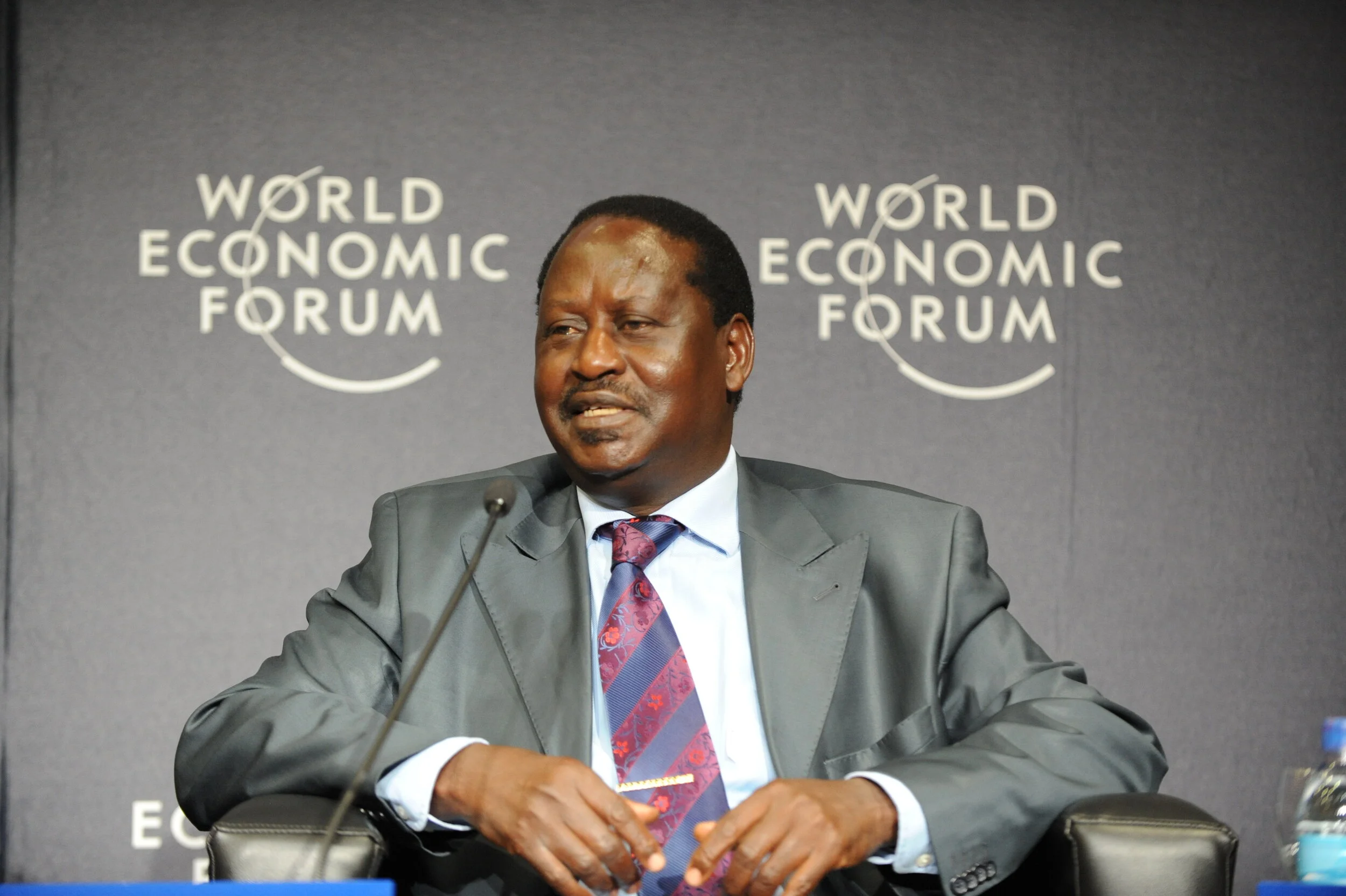This piece argues that the ICC's impartiality and effectiveness, largely due to its failure to investigate alleged war crimes in Iraq in 2003 and the ongoing status of investigations in Afghanistan, has come into question. The authors challenge the ICC navigate great power dynamics in a more effective manner to preserve its credibility.
Read MoreAlexandra Huggins explores how Rwanda’s gacaca courts, focusing on restorative justice and reconciliation, helped heal deep societal divides and promote lasting peace after the genocide.
Read MoreKatha Ray explores the impact of the prolonged conflict in Côte d'Ivoire on youth and stresses the importance of including young people in peacebuilding efforts to address the root causes of violence and promote sustainable peace.
Read MoreSarah Stortz argues that the international community has an opportunity to support democracy in Sudan, if it is willing to learn from its past mistakes.
Read MoreBeyond the violence is a uniquely magnificent place, write Michael Henry, Will Slotznick and Mallika Sobti.
Read MoreBy Ehi Agbashi, Nivana Tesfayohannes, Temiloluwa Adeyemi, and Osasenaga Aghayere
Why was #EndSARS a powerful moment in Nigerian history? And what comes next?
Read MoreBy Hyppolite Ntigurirwa
Hyppolite Ntigurirwa, a Yale University 2020 World Fellow, uses ethnographic data to demonstrate how words can contribute to post-genocide reconciliation in Rwanda.
Read MoreBy Matthew Burnett
2014 was the worst year of the most devastating Ebola outbreak, in one of the three worst affected countries. Nonetheless, it killed fewer people than malaria, maternal and neonatal disorders, and lower respiratory infections, and around the same number as diarrheal diseases. In an environment of constrained funding, it is essential to deliver the best value for money, extracting the most benefit from each dollar spent.
Read MoreBy Shravan Bhat
In Jerusalem, a start-up called Energiya Global is designing solar energy projects in sub-Saharan Africa. Life in the colourful little company is a respite from “the conflict” that looms large over every dinner table conversation, every water-cooler chat, and every falafel line in Israel.
Read MoreBy Alex Defroand, Joshua Jacobs, Nelly Mecklenburg, Will Wright, Rebecca TeKolste, and Johannes Sosada
In our first ever podcast series, we talked with former presidential candidates, directors of major banks, academics, and journalists as we grappled with the implications of this year in politics and international affairs: Donald Trump’s election; Brexit; the ever-worsening humanitarian catastrophe in Syria; the refugee crisis; and the future of liberalism.
Read MoreBy Manuela Graetz, Geo Kalev, and Marjan Kloosterboer
Addis Ababa, Ethiopia is a young city. Founded in 1886 by King Menelik II and Queen Taitu, in its first decades the city grew organically, without any formal planning.
Read MoreBy Stephanie L. Schmidt
Four years after independence, South Sudan is still struggling to establish a new political system. This article lays out a strategy for developing interventions to achieve substantive rule of law goals by analyzing the context, national capacities, and needs and desires of the population.
Read MoreBy Enni Kallio
“A New Generation: Life in Rwanda Twenty Years after the Genocide” by Enni Kallio was the winner of YJIA’s 2015 Photo Essay Contest.
Read MoreAn interview with Ambassador Johnnie Carson, Former Assistant Secretary of State for the Bureau of African Affairs (2009-2013) on the 2015 Nigerian Presidential Elections.
Read MoreAn Interview with Graeme Reid, LGBT Program Director at Human Rights Watch
Yale African Studies MA Candidate Alexander Killen interviews Reid about LGBT rights on the international stage.
Read MoreAn Interview with Albie Sachs, Former Justice of the Constitutional Court of South Africa
Yale Sociology PHD student Denise Lim interviews Sachs on consociationalism, the process of constitution making, the formation of the Constitutional Court, “Sufficient Consensus,” and bringing South Africa together.
Read MoreBy Yale Journal of International Affairs
An Interview with Raila Odinga, Former Prime Minister of Kenya
Read MoreBy Chris Lockyear
As hundreds of thousands of people in South Sudan struggle to survive the brutal conflict there, South Sudan’s labor minister recently dealt a potentially devastating blow: he ordered all international workers to leave the country.
Read MoreYale Journal of International Affairs interviews UN Special Adviser Adama Dieng. Dieng served as Registrar for the International Criminal Tribunal for Rwanda as well as the Supreme Court of Senegal and was Secretary-General of the International Commission of Jurists.
Read MoreBy Kari Lipschutz
This paper uses the Nigerian case to illustrate the serious effect this type of institutional crisis can have on the ability to mitigate the negative externalities of resource development.
Read More














